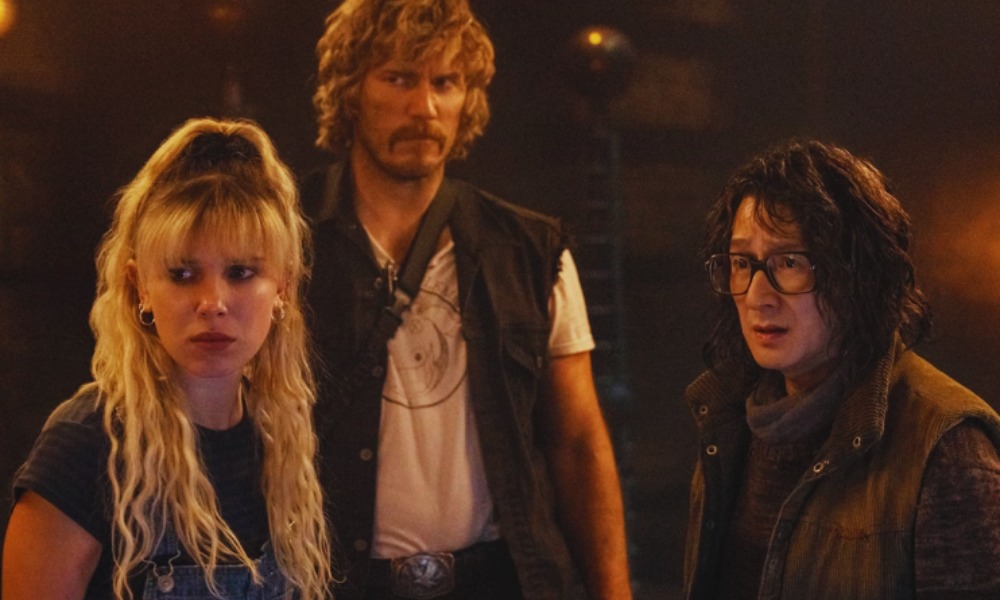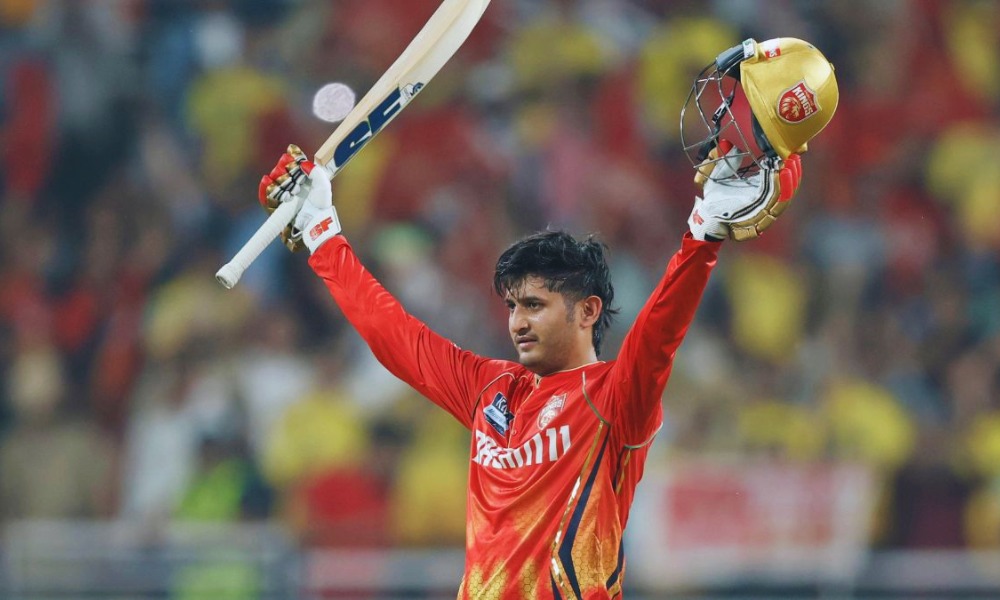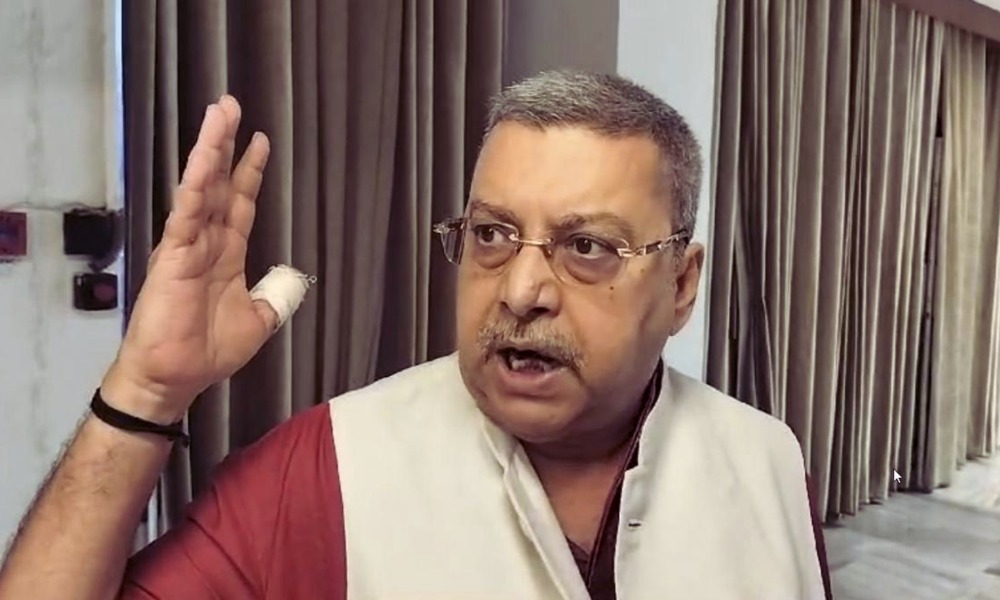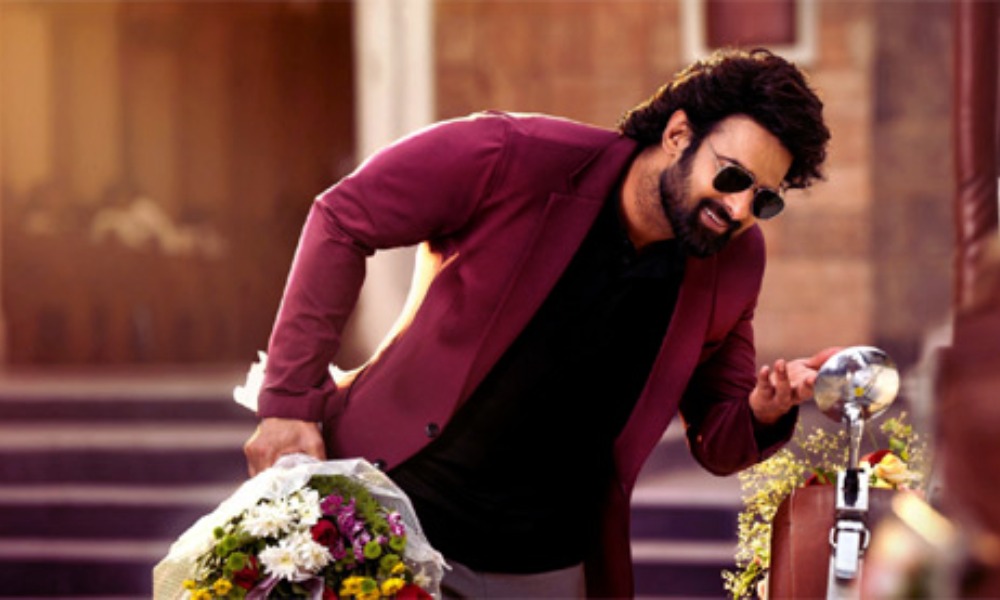The Electric State: A Costly Gamble That Feels Longer Than It Is

A social media post recently highlighted that Netflix’s production budget for The Electric State could have funded the last 15 Best Picture Oscar winners combined.
This includes major films like Oppenheimer — which cost around $100 million — leaving an estimated $220 million that could have gone toward acclaimed titles such as Parasite, 12 Years a Slave, and Anora.
Despite its massive budget, The Electric State, directed by Joe and Anthony Russo, fails to deliver a cinematic experience that justifies its cost.
A Lengthy and Stale Viewing Experience
The Electric State stars Chris Pratt and Millie Bobby Brown, but it’s the kind of movie that feels longer than it actually is.
Clocking in at around 120 minutes, it somehow manages to feel endless, with the sense that there’s always another hour left to endure.
While not the Russos’ longest film — Avengers: Endgame ran for over three hours — it’s certainly among their most tedious. Even Cherry, their 141-minute crime drama about a bank-robbing drug addict, felt more inspired than this.
This film even falls short of the low bar set by the Russos’ previous Netflix production, The Gray Man.
Actor Ayushmann Khurrana may complain about how the pandemic hurt his box office appeal, but it’s the Russos who have truly lost their creative spark over the past five years.
The Russo Brothers’ Costly Downward Spiral
The Russos have earned a reputation for excessive spending, having blown nearly $1 billion on their last four projects. This includes the ill-fated Amazon Prime series Citadel.
Their recent work feels like it’s driven by algorithms rather than artistic vision, with a formulaic, franchise-building mindset.
Visually, The Electric State follows the same muddy, over-processed style seen in their recent output, with cluttered CGI and thin world-building.
The film opens with a dense and awkwardly executed exposition dump, setting the stage in an alternate mid-90s where retro-futuristic robots rose up against humanity.
A war followed, ending with the robots’ defeat and their exile to a restricted zone in America.
Michelle’s brother Christopher, a genius with the rare ability to mentally bond with machines, was abducted during the conflict. Years later, Michelle encounters a robot named Cosmo, who appears to be possessed by Christopher’s consciousness.
Determined to find her brother, she embarks on a perilous cross-country mission into the exclusion zone.
Familiar Tropes and Predictable Characters
Michelle is joined on her journey by Keats, a war veteran turned smuggler played by Chris Pratt. Keats fits the same Han Solo-esque mold that Pratt has portrayed in Guardians of the Galaxy and Jurassic World.
Keats is accompanied by his own robot companion, Herm, voiced by Anthony Mackie. Surprisingly, even Mackie’s participation as comic relief doesn’t elevate the film’s energy.
Colman Domingo appears briefly as a security bot, despite his status as a two-time Oscar nominee.
Alan Silvestri’s score echoes his work on Avengers: Endgame, and certain shots in the climactic battle seem like re-skinned versions of Endgame’s final fight. If Michael Bay can recycle action sequences, why not the Russos?
The film strives for Spielbergian wonder but ends up draining the magic out of every frame. The attempts at humor mostly fall flat, feeling robotic and lifeless.
The story attempts to explore themes like artificial intelligence, post-9/11 paranoia, and class inequality — but with little substance beneath the surface. It’s all artifice and no intelligence.
Wasted Potential and Uninspired Execution
Adapted from Simon Stålenhag’s illustrated novel, The Electric State is set in a dystopian version of the early 1990s. The film briefly touches on a four-year war between humans and robots, ending with the exile of robots to the desert.
Tech mogul Ethan Skate’s drones are credited with securing victory, and he quickly profits by selling “Neurocasters” that allow people to mentally escape into a virtual world. Society becomes a wasteland of screen-obsessed citizens.
Millie Bobby Brown plays Michelle, an orphaned teenager whose family died in a car crash. When a cartoonish robot linked to her brother appears at her foster home, Michelle suspects Christopher is alive and sets off to find him.
Along the way, she partners with Keats and his sarcastic robot companion, trying to avoid Esposito’s robotic bounty hunter.
The robots they encounter in the exclusion zone are voiced by a lineup of celebrities, including Woody Harrelson, Hank Azaria, Brian Cox, and Jenny Slate.
While the robot designs are visually impressive, the action sequences grow monotonous.
Flat Performances and Weak Chemistry
Pratt and Brown struggle to find chemistry as co-leads. Pratt falls back on his usual sarcastic charm, while Brown appears disengaged, as though tired of yet another teen-adventure role.
Both leads seem like actors cosplaying as 90s action heroes rather than characters with real emotional stakes.
Ultimately, The Electric State is a soulless spectacle. While it’s easy to criticize Netflix for producing algorithmic content, this film genuinely feels like it was machine-generated.








